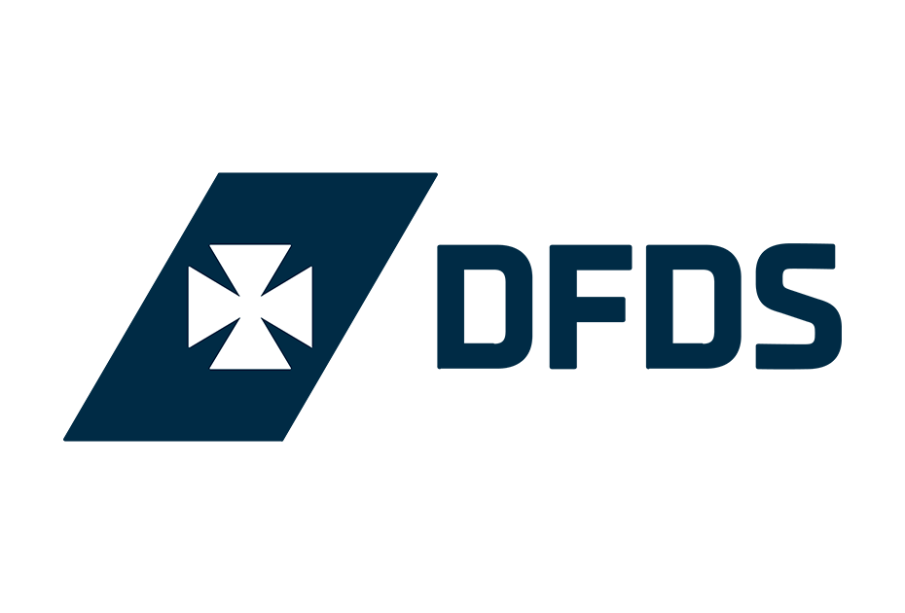
DFDS, short for Det Forenede Dampskibs-Selskab, is a name synonymous with excellence in maritime transportation. Established in 1866, this Danish shipping and logistics company has evolved into a global leader, connecting businesses and communities across Europe and beyond. This article delves into the rich history, impressive fleet, sustainability initiatives, and the impact of DFDS on global trade.
DFDS traces its origins back to Denmark’s industrial revolution in the mid-19th century. Founded by Carl Frederik Tietgen, the company started with just a few steamships plying domestic waters. As industrialization progressed, DFDS expanded its routes and services, becoming a vital cog in Europe’s trade network. Today, the company operates an extensive network of ferry routes, logistics services, and passenger ships.

DFDS boasts an impressive fleet of vessels, comprising ferries, ro-ro (roll-on/roll-off) ships, and container ships. These vessels play a critical role in connecting the European continent. They ensure the smooth flow of goods, passengers, and vehicles between countries, making DFDS an integral part of European logistics and trade infrastructure.
DFDS ferries are renowned for their comfort, efficiency, and sustainability. They provide a vital link between various European ports, facilitating trade, tourism, and cultural exchange. Whether it’s crossing the English Channel or the Baltic Sea, DFDS ferries offer a reliable and enjoyable travel experience.
In an era of growing environmental concerns, DFDS has taken significant steps to minimize its environmental footprint. The company recognizes its responsibility to protect the world’s oceans and reduce greenhouse gas emissions. DFDS has implemented several sustainability initiatives to achieve these goals.
- Eco-Friendly Vessels: DFDS invests in modern, fuel-efficient vessels equipped with advanced emission reduction technologies. These ships help reduce air pollution and minimize the environmental impact of maritime transportation.
- Renewable Energy: DFDS is committed to using renewable energy sources in its operations. They have adopted shore power solutions in several ports, allowing ships to connect to onshore electricity, reducing emissions while docked.
- Sustainable Practices: The company promotes sustainability throughout its supply chain. DFDS works closely with suppliers and partners to ensure responsible practices in the transportation of goods and cargo.
- Carbon Reduction: DFDS has set ambitious targets to reduce its carbon emissions. By continually optimizing its operations and investing in green technologies, the company aims to significantly cut its carbon footprint in the coming years.

DFDS plays a crucial role in global trade, connecting Europe to the rest of the world. The company’s extensive network of routes and efficient logistics services facilitates the movement of goods to and from the continent. DFDS’s commitment to sustainability also aligns with the growing demand for environmentally responsible supply chain practices, making it an attractive choice for businesses looking to reduce their carbon footprint.
Furthermore, DFDS’s passenger services contribute to the tourism industry, allowing people to explore and experience different European cultures. The convenience and comfort of their ferries make travel accessible and enjoyable, enhancing cultural exchange and tourism revenue.
DFDS stands as a testament to the enduring spirit of innovation and sustainability in the maritime industry. With its remarkable history, impressive fleet, commitment to sustainability, and global impact on trade and tourism, DFDS continues to be a vital link connecting Europe to the world. As the company charts its course into the future, it remains dedicated to its core values of excellence, responsibility, and customer satisfaction, making it a beacon of maritime transportation excellence.















